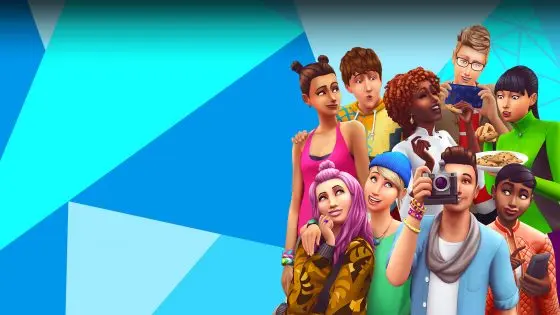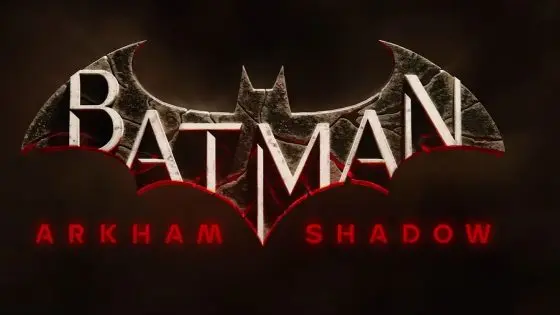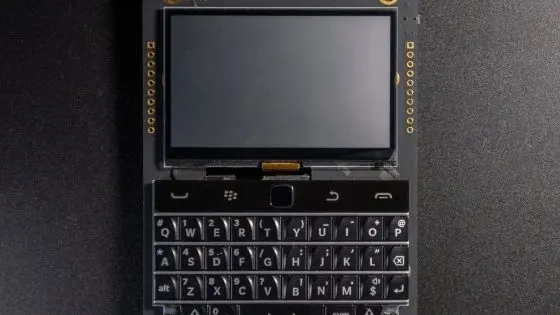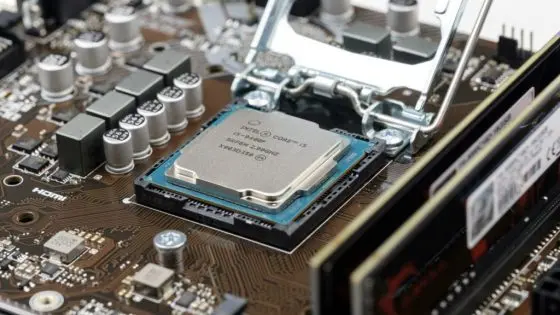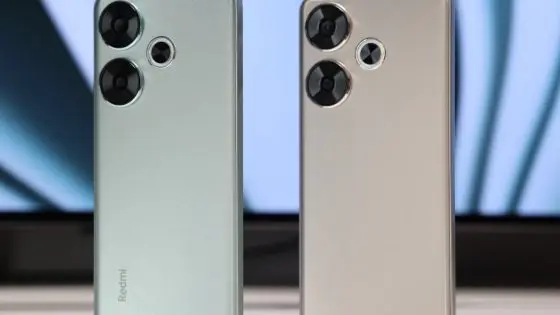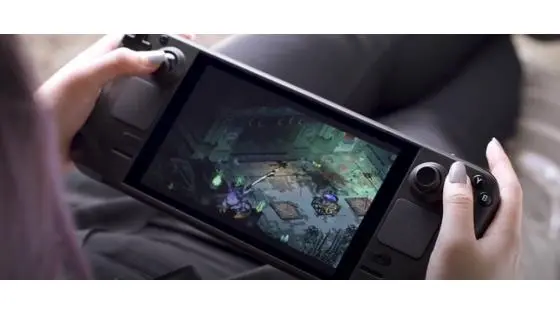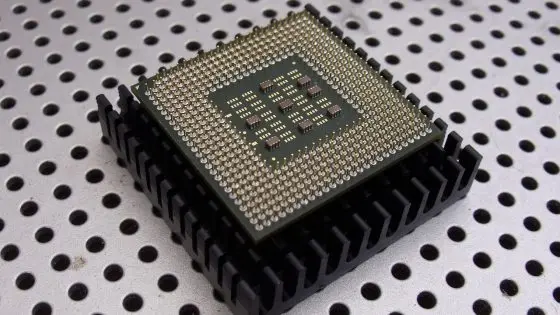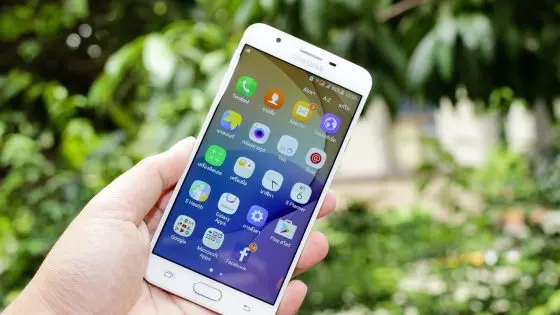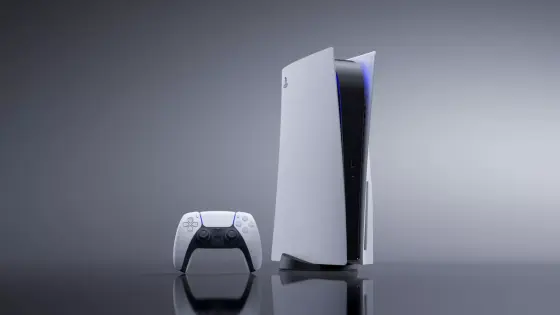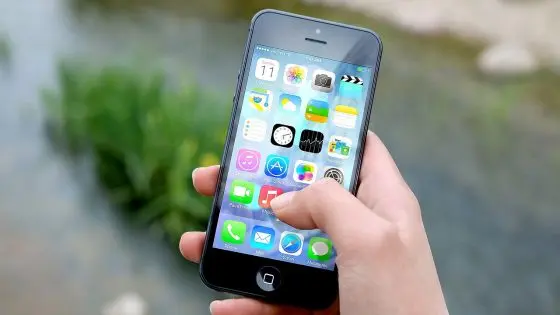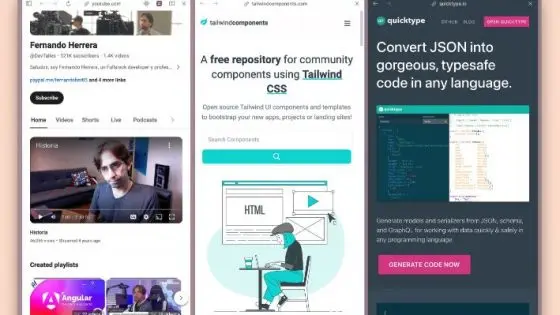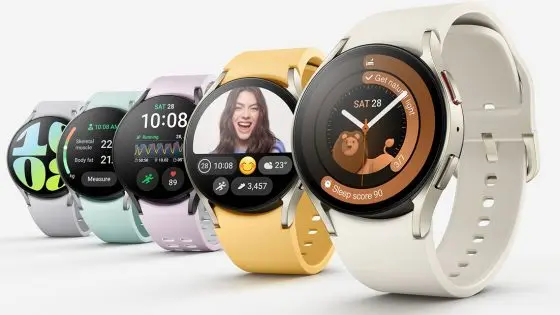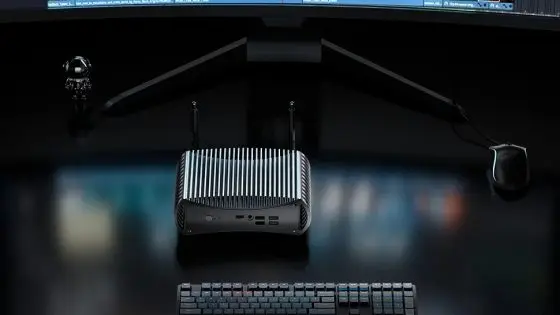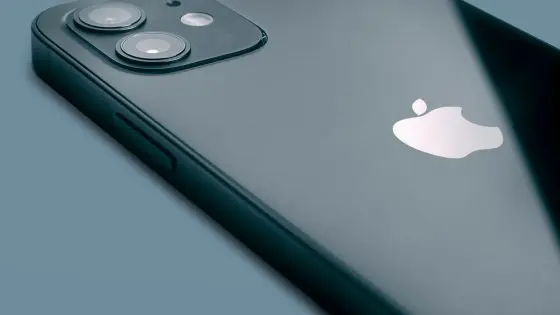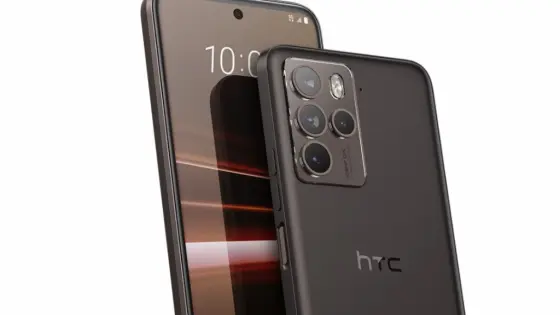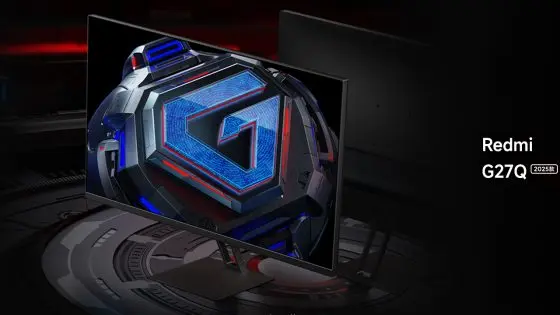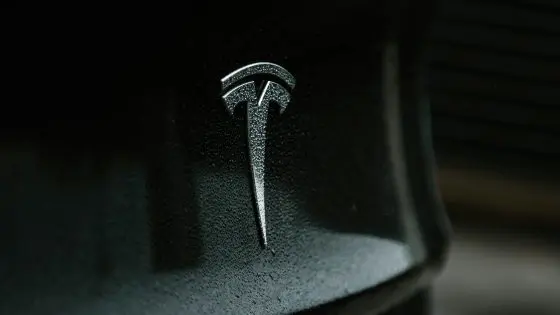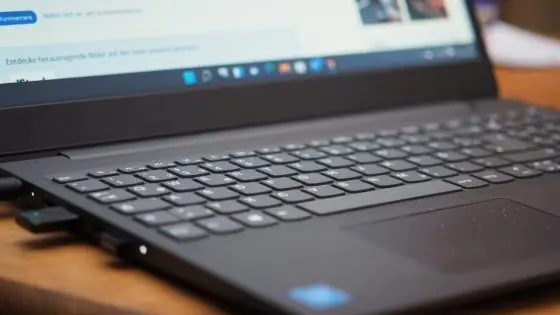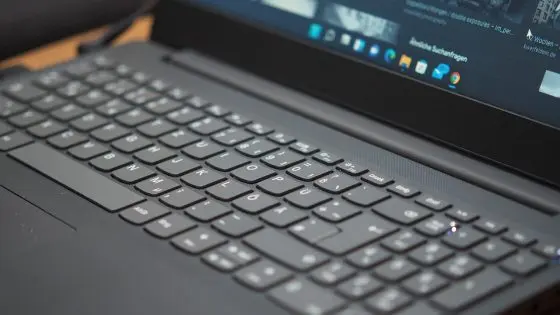Sony is developing a system for better haptic feedback in games, movies and music
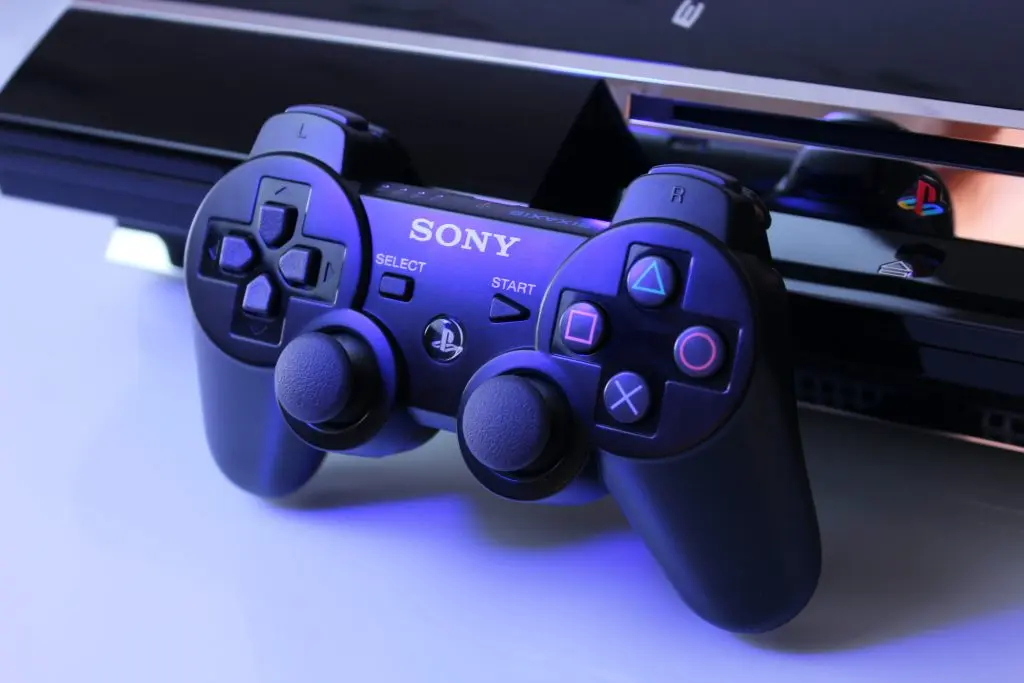
The role focuses primarily on the automatic feedback generation system, but its description shows that Sony has recognized a much wider application and is not just gaming in mind.
Sony's original DualShock controller was one of the first with built-in vibration. Initially sold only as a gaming accessory, it soon became one of the best-selling game controllers of all time and played an important role in standardizing vibration in console games.
Recently, the DualSense controller for PS5 introduced more new functions designed to improve haptic feedback. In addition to vibration, this includes voice coil actuators in the handles and feedback for adaptive triggers. ÄŒalthough Sony is not the only company investing in the mentioned technology, it certainly left the most resounding mark.
A recent Sony patent is for a device consisting of modules for sensing, receiving and generating physical feedback. The first two modules communicate with the synchronized media device to determine the level of vibration to be produced by the module to generate physical feedback.
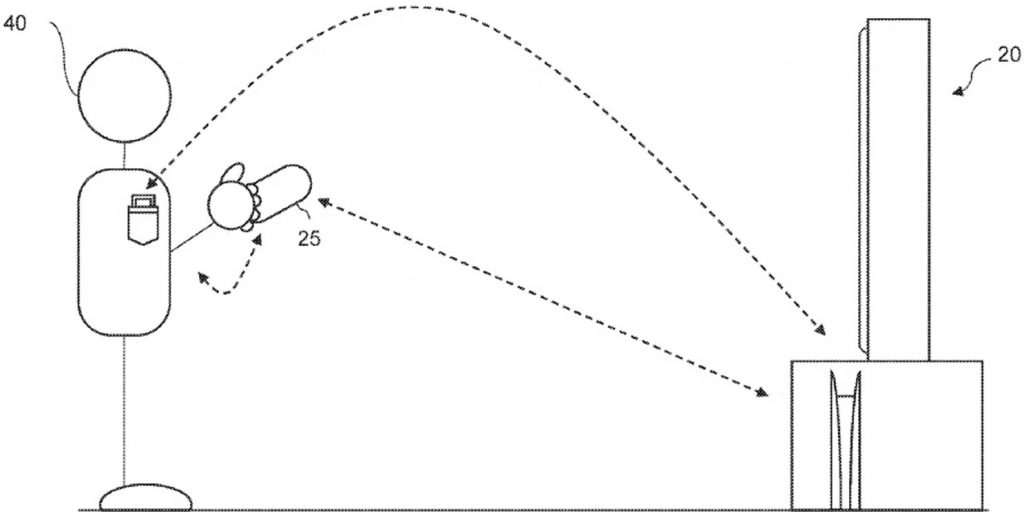
Sony's examples of the haptic module include a smart device—such as a phone—that is connected to the system. Users could then place the phone on a table or in a pocket and Sony's system would use it to generate haptic information. Sony's patent also describes how users could attach a vibrating module to their gamepad or other input device.
The primary focus of this patent is on how the device could be used for gaming. Sony also describes its potential for VR and "metaverse concepts" as well as a way to extend haptic feedback to devices that don't have this capability built in by default. Sony's document suggests that this would also apply to incorporating physical feedback for music, movies and TV.
The patent filing doesn't reveal many details about how Sony's new haptic device would work with movies and music. But we can assume that it would work similarly to the games, where certain actions, such as punches, gunshots, and explosions, would generate vibrations. In the case of music, the device might trigger pulses for bass or percussion. From Sony's patent we can also understand that the system can use more of haptic devices and works on most channels, similar to how a multi-channel subwoofer system works.
How it will all look in practice and which devices will support the new system is a mystery for now.



